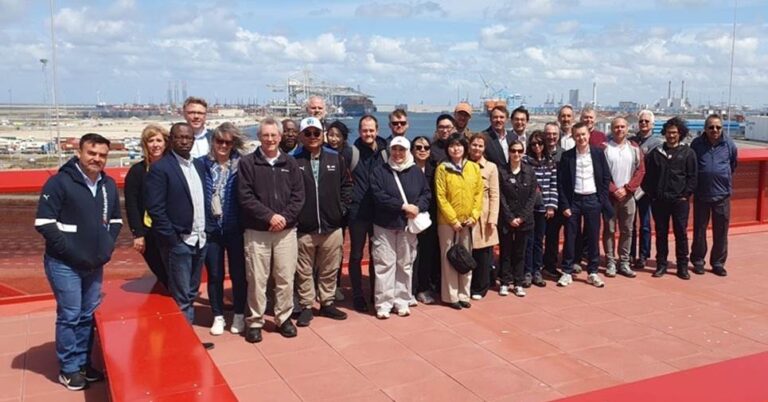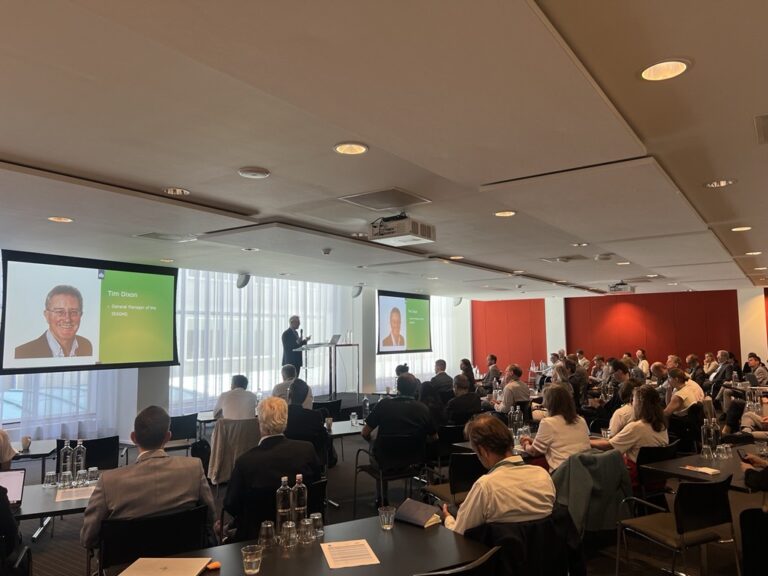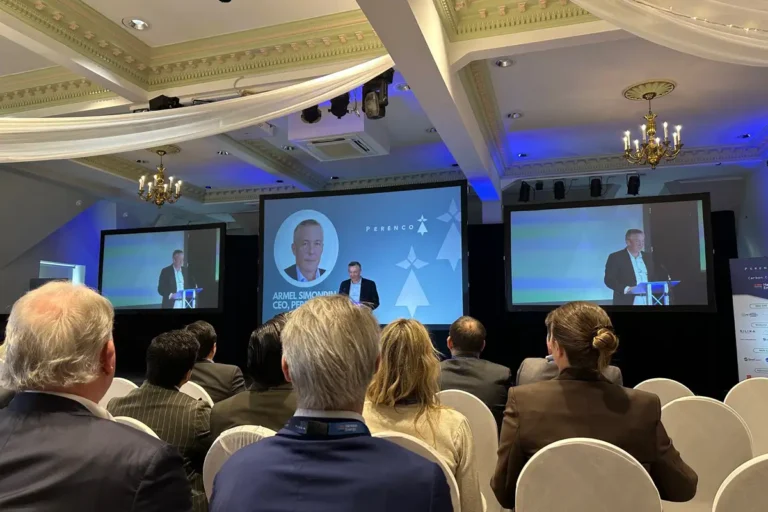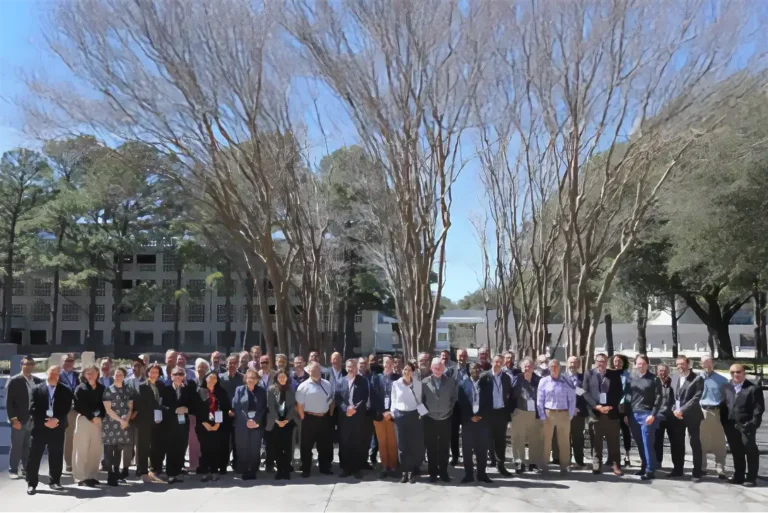
IEA Special Report on Clean Energy Innovation
3 July 2020

 The IEA released its Special Report on Clean Energy Innovation on 2 July 2020.
The IEA released its Special Report on Clean Energy Innovation on 2 July 2020.
The International Energy Agency (IEA) released its Special Report on Clean Energy Innovation on 2 July. The report is the first publication (since 2017) in its revamped Energy Technology Perspectives (ETP) series, with the full ETP 2020 report slated for release in the autumn. ETP is one of the IEA’s flagship publications, with the new face lift designed to make it much more policy orientated. The webinar to mark the release of the special report was presented by Dr Fatih Birol, the IEA’s Executive Director, and Dr Timur Gűl, Head of the IEA’s Energy Technology Policy Division.
The IEA acknowledges that governments and companies are setting ambitious goals but achieving them will be a major challenge. Currently, there is an enormous gap between the pace of progress and the net zero goal. For this report, more than 400 technologies were analysed to establish their technology readiness level – the results were not overly optimistic. Reaching net zero was considered out of reach without a major acceleration in technology application. Though the need for acceleration was clear, the R&D budgets of governments over the past decade had been more or less stable, while those of companies were not particularly encouraging – and this was before the COVID-19 pandemic struck. Given where we are now, there was a looming threat that even those existing, modest R&D budgets may shrink.
Analysis suggests that, without a major effort, reaching energy targets may be all but impossible. If there were to be success, carbon capture, utilisation and storage (CCUS) is one of four critical technologies that would deliver around half of the cumulative emissions reductions needed to move the world onto a sustainable trajectory. At 80%, the percentage of the world’s primary energy that comes from fossil fuels has remained virtually unchanged for over 30 years. The other three technologies are:
- Hydrogen, which needs to become more affordable, with a focus on developing the infrastructure required;
- Batteries, which are essential for electrification of end-use sectors, such as heating and transport; and
- Bioenergy, for which there is only one large-scale application in operation.
COVID-19 plainly presents a major setback. However, governments play a pivotal role, and COVID-19 must be used as an opportunity to align policy with energy and climate challenges. Current R&D spending is simply not sufficient, with just 4% going to CCUS and 8% to hydrogen (47% going to renewables and nuclear).
While many governments and companies have pledged to net zero, without accelerating progress with technologies this will not be achievable without much more innovation. Five key principles were presented to fast-track clean energy innovation:
- Prioritise, track and adjust. Innovation must not be left to chance.
- Raise public R&D and market-led innovation. Expand funding according to the different technologies.
- Address all links in the value chain. Look at the bigger picture.
- Build enabling infrastructure. Future-proof networks.
- Work globally for regional success. Share best practices.
The report sets out key priorities for innovation that will be needed to drive emissions down from peak levels to net-zero. It looks at the potential impact of the COVID-19 crisis on the development of new technologies – and at how governments can reshape the long-term energy future by incorporating innovation into their recovery plans.
At IEAGHG, we see ourselves as playing a key role in international innovation in CCUS.
Other articles you might be interested in
Get the latest CCS news and insights
Get essential news and updates from the CCS sector and the IEAGHG by email.
Can’t find what you are looking for?
Whatever you would like to know, our dedicated team of experts is here to help you. Just drop us an email and we will get back to you as soon as we can.
Contact Us NowOther articles you might be interested in
Get the latest CCS news and insights
Get essential news and updates from the CCS sector and the IEAGHG by email.
Can't find what you are looking for?
Whatever you would like to know, our dedicated team of experts is here to help you. Just drop us an email and we will get back to you as soon as we can.
Contact Us Now









